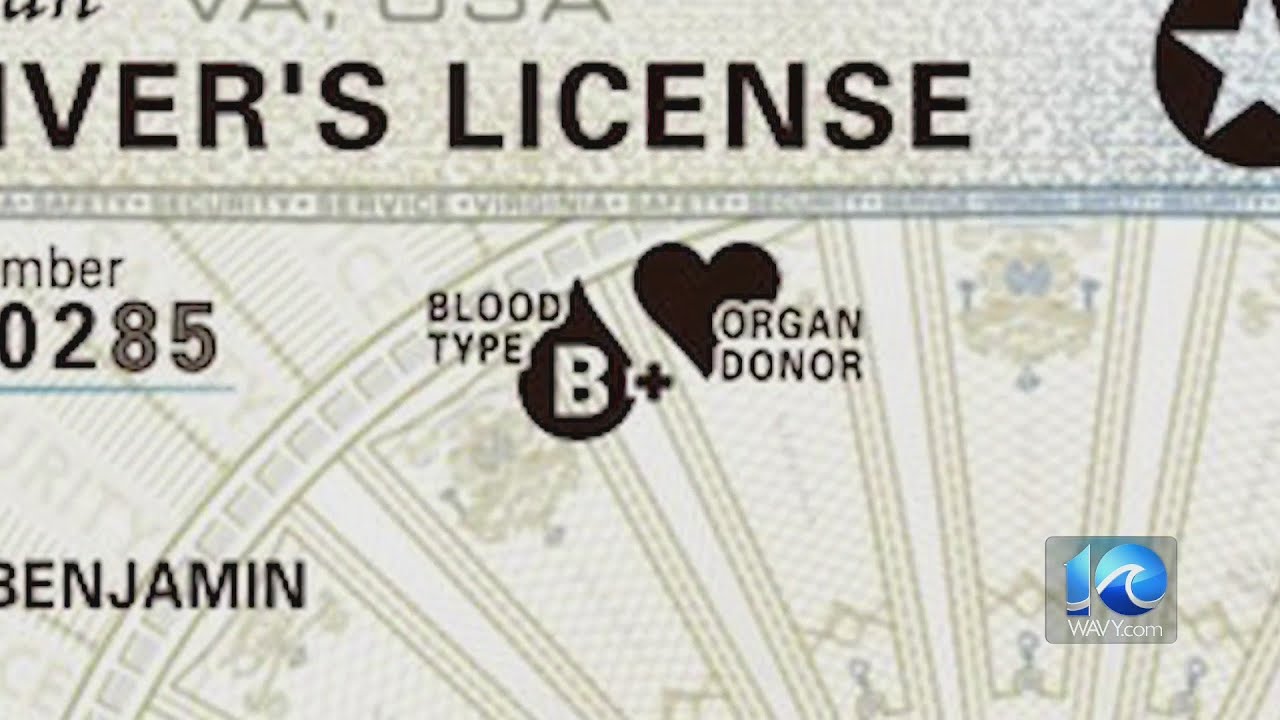Importance of indicating blood type on driver’s licenses
In emergency situations, every second counts. The ability to quickly identify a person’s blood type can be crucial in saving their life. One way to address this is by indicating blood type on driver’s licenses. This ensures that medical professionals have immediate access to this vital information in case of an accident or emergency. Rhode Island, like many other states, recognizes the significance of blood type indication on licenses and has implemented regulations to address this issue.
The role of blood type in emergency situations
During emergencies, blood type information plays a vital role in delivering appropriate medical treatment. In cases of severe bleeding, knowing the patient’s blood type can expedite the transfusion process. It also helps in determining compatibility between the donor and recipient. Delaying treatment due to the unavailability of blood type information can result in critical consequences, including loss of life.
Understanding Rhode Island’s driver’s license requirements
Rhode Island law mandates certain information on driver’s licenses, such as the individual’s name, address, date of birth, and license expiration date. However, the indication of blood type is not currently a requirement for obtaining or renewing a driver’s license in Rhode Island. While this information is not displayed on licenses, it is important for individuals to know their blood type and carry this information separately for emergencies.
Blood type information: a potential lifesaver on the road
In situations where individuals are unable to communicate their blood type due to unconsciousness or other medical conditions, indicators like blood type on a driver’s license can be a lifeline. Emergency responders, paramedics, and hospital staff can quickly retrieve this information, allowing them to provide the necessary medical care without delay. This immediate access to blood type information can significantly improve the chances of survival and recovery for accident victims.
Benefits of having blood type indicated on a license
Indicating blood type on a driver’s license offers several advantages. First and foremost, it provides medical professionals with instant access to critical information in emergency situations. This eliminates the need for additional tests, reducing response time and potentially saving lives. Secondly, it helps individuals who are unaware of their own blood type to discover this important detail, enabling them to make informed decisions regarding their health.
How blood type indication aids medical professionals
When medical professionals are aware of a patient’s blood type, they can take appropriate actions to prevent any adverse reactions during medical procedures. For example, before surgery or transfusions, doctors can ensure compatibility between the patient and donor blood types to avoid complications. Blood type indication on licenses streamlines this process, allowing medical professionals to act swiftly and confidently, ultimately leading to better patient outcomes.
Current regulations regarding blood type indication on licenses
Rhode Island currently does not require blood type indication on driver’s licenses. However, this does not mean that individuals should neglect knowing their blood type. It is still crucial to be aware of this information and carry it separately for quick access in emergencies. While regulations may change in the future, it is essential for individuals to take personal responsibility for their health and well-being, including knowing their blood type.
Rhode Island’s stance on blood type disclosure
Rhode Island, like most states, respects an individual’s right to privacy regarding their medical information. The state does not currently mandate the inclusion of blood type on driver’s licenses to protect this privacy. However, it is worth noting that Rhode Island has shown a willingness to adapt and revise regulations if there is sufficient evidence to advocate for the inclusion of blood type indication on licenses in the future.
Concerns and controversies surrounding blood type indication
Some concerns have been raised regarding the inclusion of blood type on driver’s licenses. Critics argue that it may violate an individual’s privacy or lead to discrimination based on blood type. Others express concerns that displaying blood type could create false assumptions about a person’s health or medical history. However, these concerns should be weighed against the potential benefits that blood type indication offers in emergency situations.
Arguments for and against blood type indication on licenses
Proponents of blood type indication on licenses argue that it saves valuable time in emergencies, potentially preventing the loss of innocent lives. They emphasize the importance of quick access to blood type information to facilitate timely medical treatment. Opponents, on the other hand, stress the need to protect personal privacy and express concerns about potential discrimination. It is crucial to carefully evaluate these arguments and consider the best approach to balance both concerns effectively.
Exploring potential alternatives to blood type indication on licenses
While blood type indication on driver’s licenses is one approach to address the need for quick access to this information, alternative methods can also be explored. Utilizing digital platforms, such as smartphone applications or electronic health records, could allow individuals to securely store and share their blood type information with medical professionals. These alternative methods may offer a more flexible and adaptable solution while still providing quick access to vital information in emergency situations.





